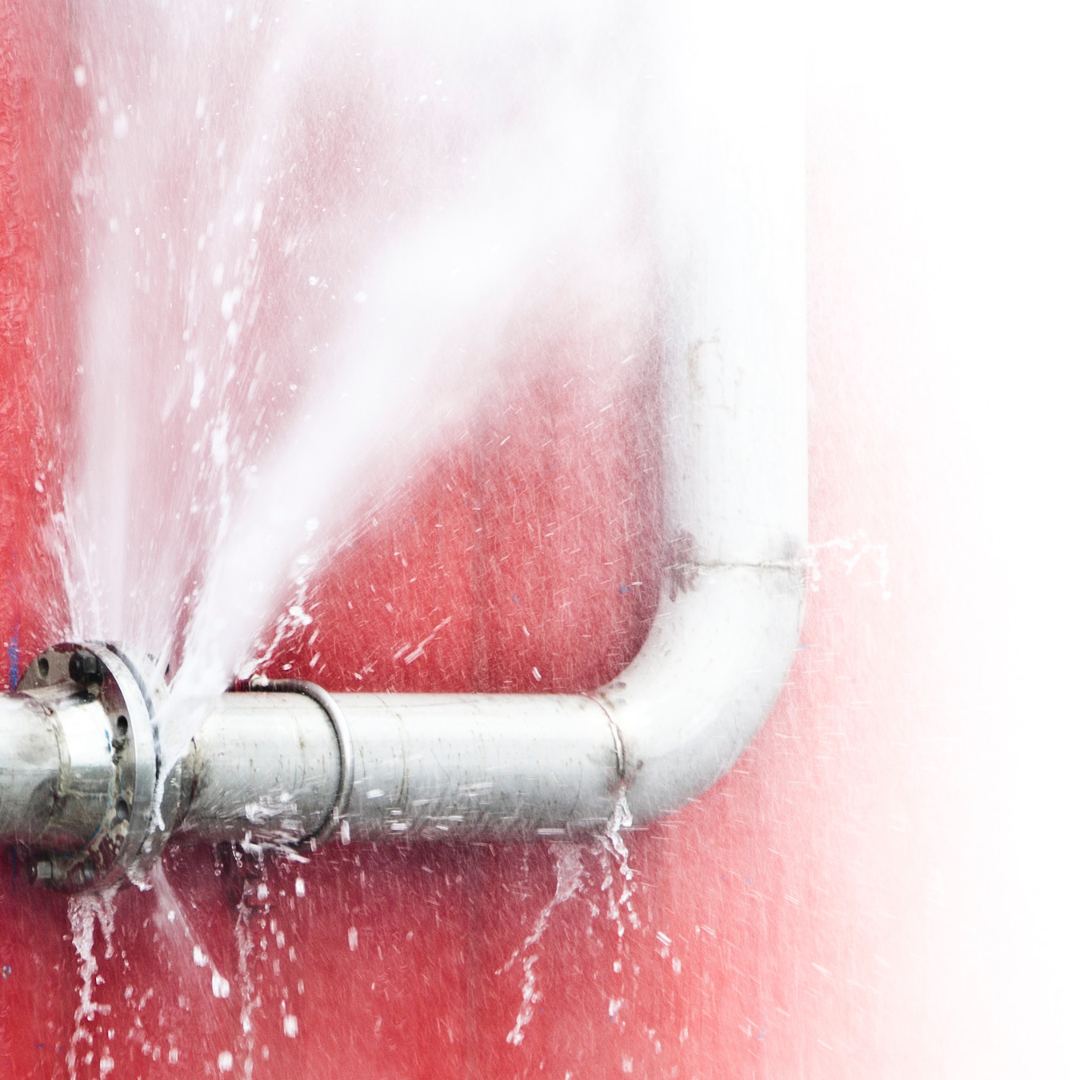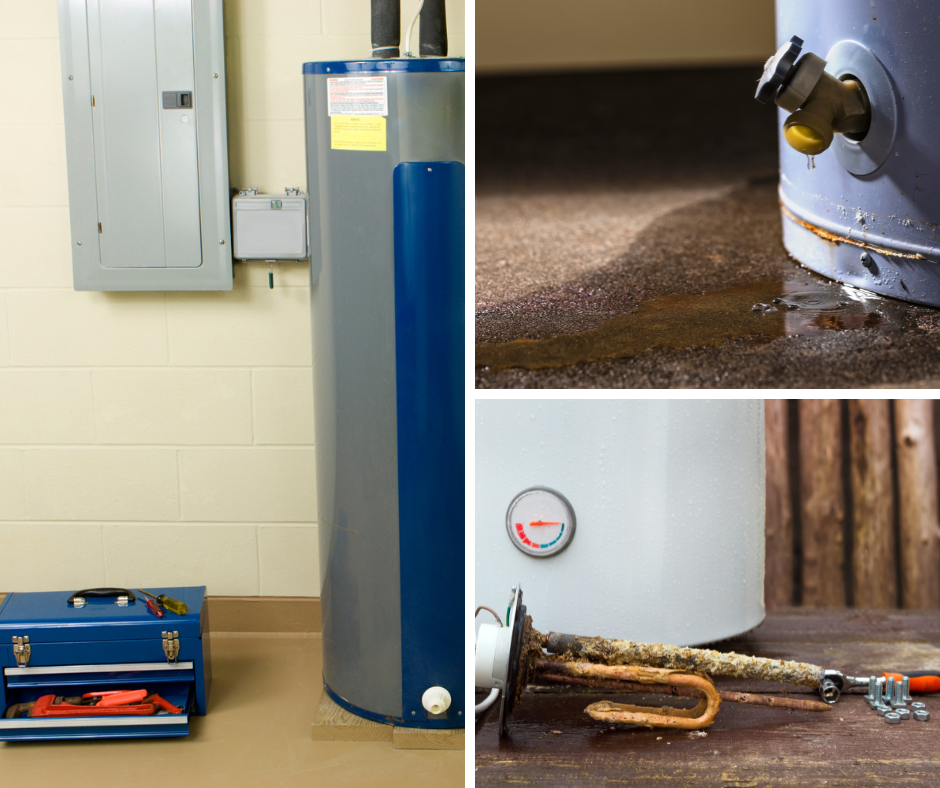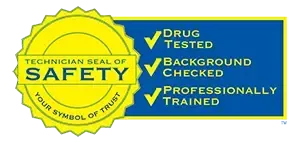Taking Care of Your Septic System: Tips for Maintenance & Longevity
A well-designed and properly installed septic system can last for decades if properly maintained. Taking proper care of a septic system is crucial to ensuring the system runs right and does not get damaged. This is important for several reasons:
Health and safety: A poorly maintained septic system can pose health hazards to you and your family. Wastewater from a malfunctioning septic system can contain harmful bacteria and viruses that can cause serious illnesses.
Environmental protection: Septic systems that are not properly maintained can contaminate groundwater and nearby water bodies, which can harm the environment and aquatic life.
Cost savings: Regular maintenance of your septic system can help prevent costly repairs or replacement. It is much cheaper to maintain your septic system than to replace it.
Home value: A well-maintained septic system can increase the value of your home. A properly functioning septic system is a sign of a well-maintained property and can be a selling point when you decide to sell your home.
Good maintenance starts with understanding
how a septic system works
and how it can fail. Let’s take a look at the design and function of your septic system.
How a Septic System Works
A septic system is an underground wastewater treatment system used in areas where there is no connection to a municipal sewage system. The septic system consists of a septic tank, a distribution box (D-box), and a drain field (also known as a leach field).
Here is how a septic system works:
- Wastewater from the house flows into the septic tank, where the solids settle to the bottom and form sludge, and the lighter materials such as grease and oils float to the top and form scum.
- The septic tank is designed to allow the wastewater to remain in the tank for a period of time so that the solids can settle and the scum can rise to the top. The wastewater then exits the septic tank through an outlet pipe and flows into the D-box.
- The D-box distributes the wastewater evenly among a series of perforated pipes that are buried in the drain field.
- The wastewater flows out of the perforated pipes into the soil, where it is filtered and treated. The soil acts as a natural filter, removing impurities and bacteria from the wastewater.
- The treated wastewater percolates through the soil and eventually enters the groundwater system.
The septic system is designed to treat wastewater naturally, without the need for chemicals or mechanical processes. It is important to note that the septic system requires regular maintenance, including pumping of the septic tank and periodic inspections, to ensure that it is functioning properly and to avoid problems such as backups and groundwater contamination.
Maintaining Your Septic System
Maintaining a septic system is important to ensure its proper functioning and longevity. Here are some tips on how to maintain a septic system:
- Have your septic system inspected regularly by a professional. The frequency of inspections depends on the size of the tank, the number of occupants in the home, and the age of the system. Generally, septic systems should be inspected every 3-5 years.
- Pump your septic tank regularly. The frequency of pumping depends on the size of the tank and the number of occupants in the home. A general rule of thumb is to pump the tank every 3-5 years.
- Be mindful of what you flush down the toilet and pour down the drain. Do not flush non-biodegradable items such as cigarette butts, diapers, and feminine hygiene products. Also, do not pour grease, oil, or hazardous chemicals down the drain.
- Conserve water. Excessive water usage can overload the septic system, leading to problems such as backups and odors. Install low-flow fixtures, repair leaks, and avoid using the dishwasher and washing machine at the same time.
- Use septic-safe cleaning products. Harsh chemicals can kill the beneficial bacteria in the septic system, leading to a breakdown in the treatment process. Use products that are labeled as septic-safe.
By following these tips, you can help ensure the proper functioning of your septic system and avoid costly repairs and replacements.
Signs Your System Isn’t Working Properly
Concerned there may be an issue with your septic system? Here are some common signs to look out for:
- Foul odors: If you notice a foul odor coming from your drains or your yard, it may be a sign that your septic system is not functioning properly.
- Slow drains: If your sinks, showers, or toilets are slow to drain, it may be a sign that there is a blockage in your septic system.
- Backups: If wastewater is backing up into your home through your sinks, toilets, or showers, it is a clear sign that there is a problem with your septic system.
- Lush grass or standing water: If you notice lush, green grass in the area over your septic tank, it may be a sign that there is a leak in your system. Similarly, standing water in your yard may indicate a problem with your septic system.
- Gurgling sounds: If you hear gurgling sounds coming from your drains, it may be a sign that air is trapped in your plumbing system due to a clog or blockage.
If you notice any of these signs, it is important to have your septic system inspected and repaired by a professional as soon as possible. Delaying repairs can lead to further damage and more costly repairs in the future.
Whether you are concerned that your septic system isn’t working properly or if it is due for a routine inspection and maintenance, our
plumbing experts can help! Call us today at 352-667-1515.







